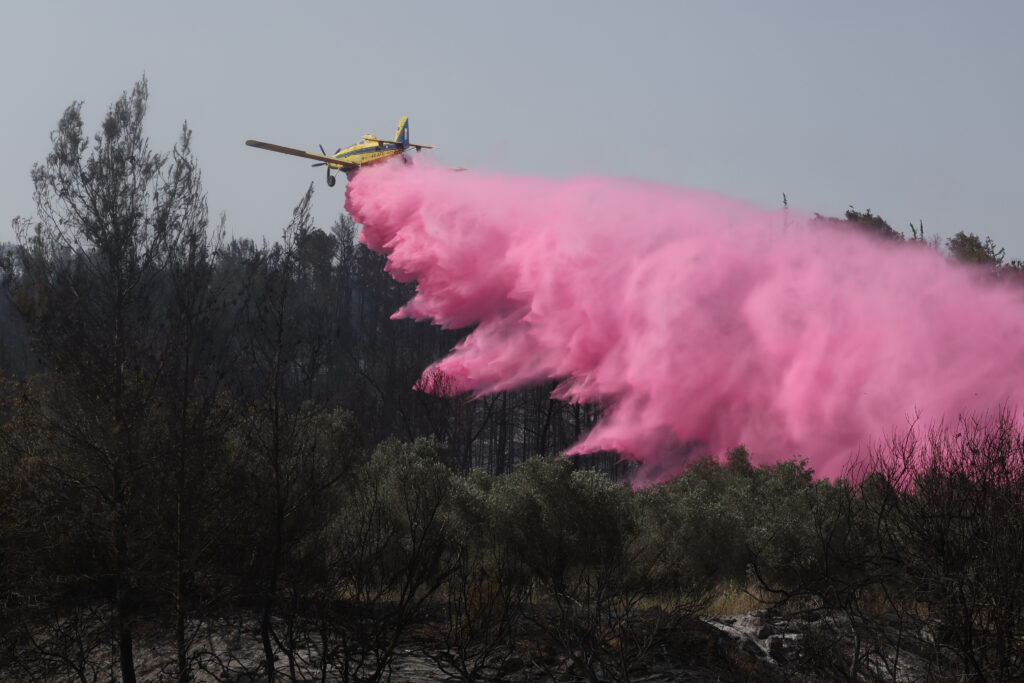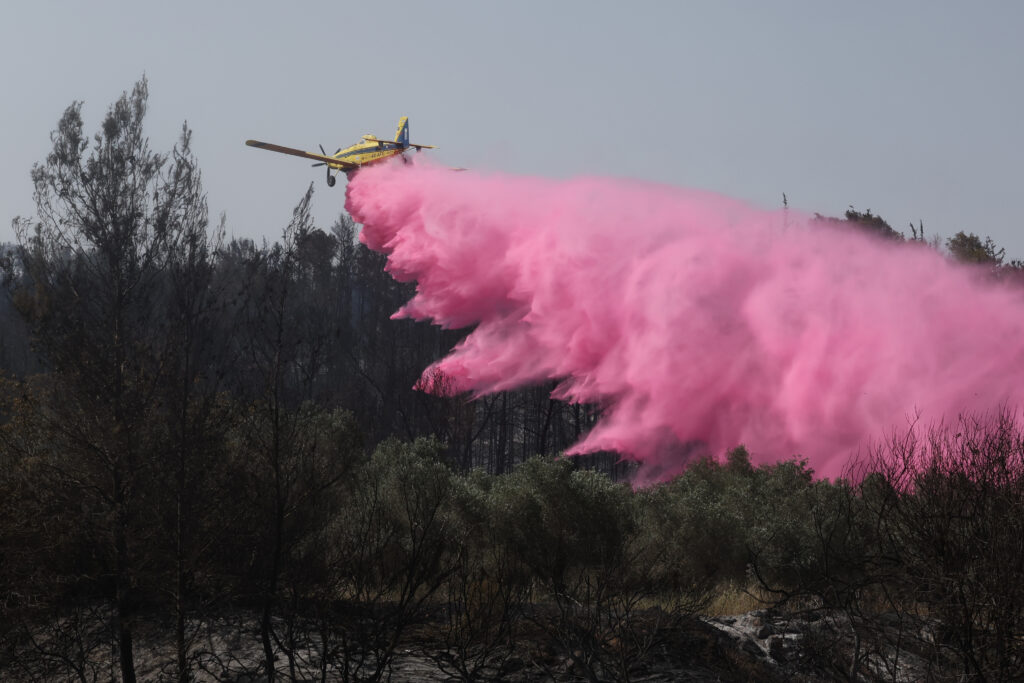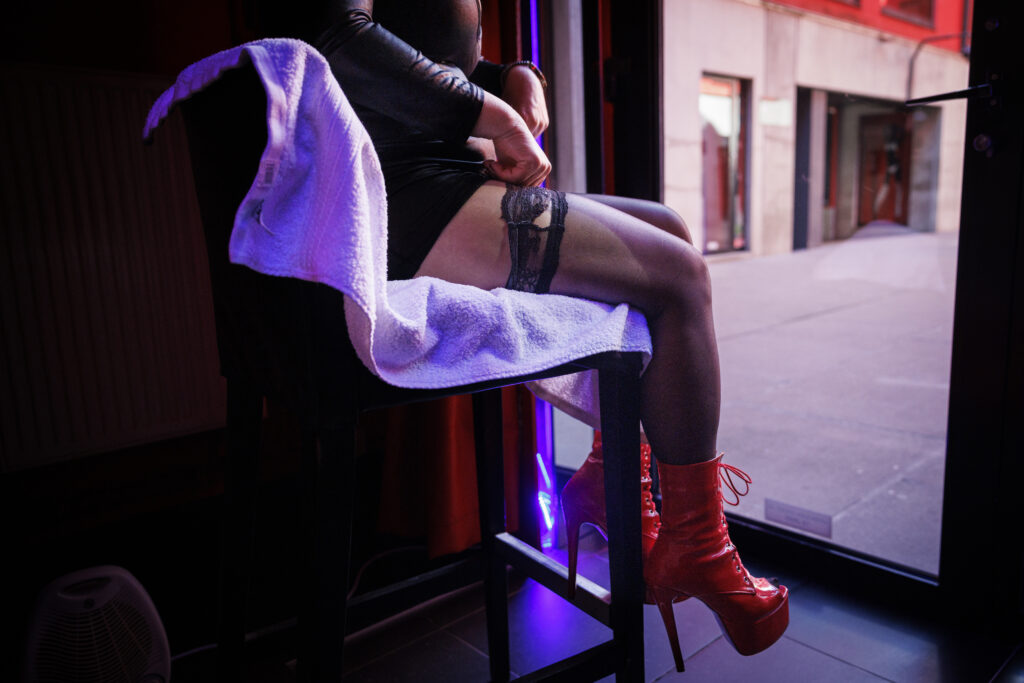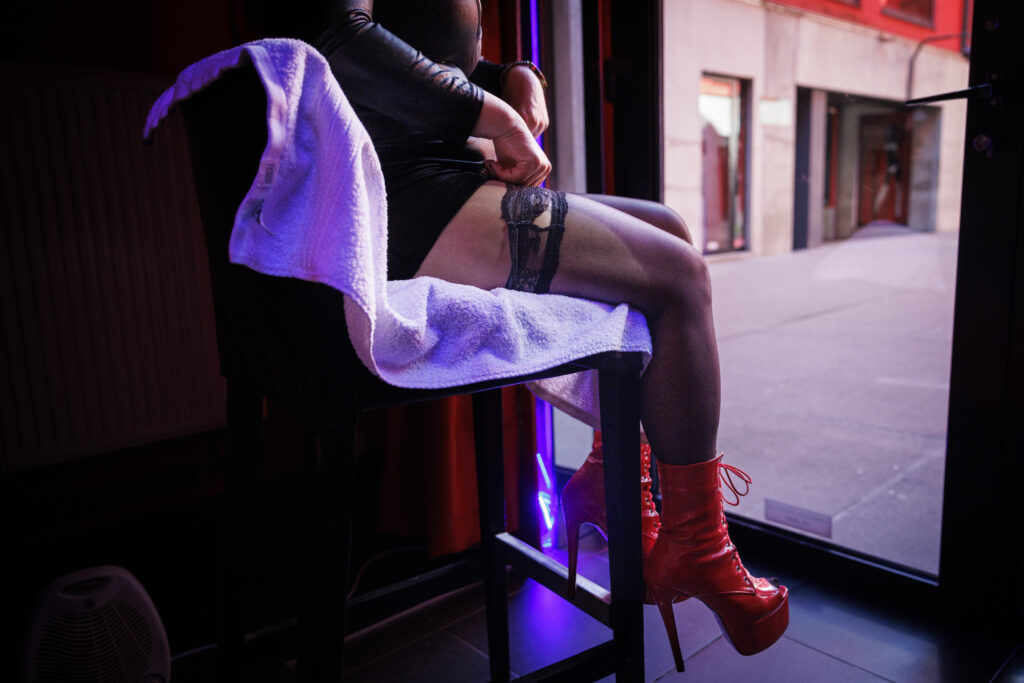Les incendies sous contrôle en Israël, les routes rouvertes
Les incendies qui ont fait rage pendant deux jours aux abords de Jérusalem étaient sous contrôle jeudi, ont annoncé les autorités israéliennes tandis que les pompiers continuaient à combattre les derniers foyers après la réouverture des routes fermées la veille.Des milliers d’habitants ont été évacués mercredi dans des localités du centre d’Israël bordant l’autoroute entre Jérusalem et Tel-Aviv, où le feu s’est propagé, obligeant la police à couper plusieurs axes principaux.Ces feux, attisés par des températures élevées et des vents violents, ont été qualifiés par les autorités de “plus importants” en une décennie. Ils ont entraîné l’annulation mercredi de cérémonies prévues pour la fête nationale du Jour de l’Indépendance et des soldats ont été déployés pour aider les pompiers.”Le feu est sous contrôle”, a déclaré jeudi à l’AFP Shlomi Harush, un responsable des pompiers.”Il ne reste que quelques foyers. Toutes les équipes restent déployées dans les zones touchées”, a-t-il ajouté, en avertissant que le risque de reprise du feu sous l’effet du vent persistait.A Latrun, à environ 25 kilomètres de Jérusalem, de la fumée s’élevait près du monastère tandis que les pompiers pulvérisaient de l’eau sur les braises, selon un journaliste de l’AFP.Des voisins sont aussi venus prêter main forte.”Nous avons utilisé des tuyaux reliés à des maisons et à des robinets municipaux”, a raconté à l’AFP Ahmad Ibrahim, un habitant du village de Abu Ghosh. “Nous avons fait cela parce que nous étions inquiets pour le village, pour essayer d’empêcher le feu de s’étendre et de mettre en danger les riverains ou leurs maisons”.Les pompiers ont annoncé jeudi que 163 équipes, appuyées par 12 avions, restaient mobilisées pour lutter contre ces incendies qui ont brûlé environ 13.000 hectares de forêts, selon la police.Le Premier ministre Benjamin Netanyahu avait déclaré “l’urgence nationale” et prévenu mercredi que les feux risquaient de se propager à la ville de Jérusalem.Après une nuit de lutte contre le feu, “toutes les routes ont été rouvertes à la circulation” jeudi matin, a déclaré la police.Le ministre de la Sécurité nationale, Itamar Ben Gvir, a laissé entendre que les incendies pouvaient être d’origine criminelle.Selon le Times of Israel, M. Netanyahu a déclaré jeudi que les autorités avaient arrêté “18 personnes soupçonnées d’incendie criminel, dont l’une a été prise sur le fait”.Des feux de forêt se sont déjà produits à cette époque de l’année en Israël, mais le phénomène n’est pas considéré comme habituel.- “Pas assez préparées” -Le service de secours du Magen David Adom a annoncé avoir apporté des soins mercredi à 23 personnes qui souffraient de brûlures légères ou avaient inhalé de la fumée.Dix-sept pompiers ont été blessés, selon la télévision publique Kan. L’armée a indiqué jeudi que des militaires, appuyés par l’aviation, restaient déployés dans le centre d’Israël et que “des dizaines de véhicules” avaient été alignés à travers le pays pour barrer la route au feu. Elle a précisé avoir envoyé une cinquantaine de camions de pompiers dans les zones touchées.”C’est vraiment triste parce que nous connaissions la météo, nous savions pour ainsi dire que cela se produirait et pourtant nous avons l’impression que les autorités n’étaient pas assez préparées, avec de gros avions qui peuvent larguer de grandes quantités d’eau”, a témoigné Yuval Aharoni, un homme de 40 ans évacué aux alentours de la ville de Modiin.”De nombreux policiers sont arrivés, de nombreux pompiers, mais cela n’a pas vraiment aidé. Le feu avait déjà complètement envahi toute la zone”, a raconté à l’AFP Yosef Aaron, un étudiant, en montrant les flammes et la fumée qui s’élevaient aux abords d’une autoroute.Le ministère des Affaires étrangères a annoncé mercredi que des avions bombardiers d’eau étaient attendus de France, de Roumanie, de Croatie, d’Italie et d’Espagne. Chypre et la Serbie ont aussi annoncé envoyer des hélicoptères en Israël.





